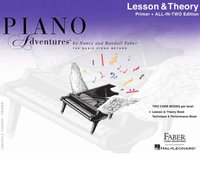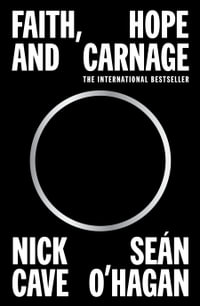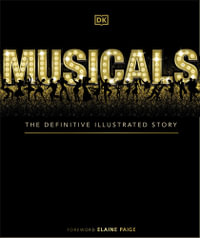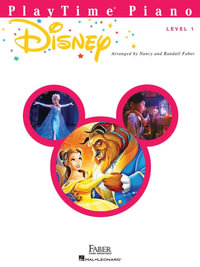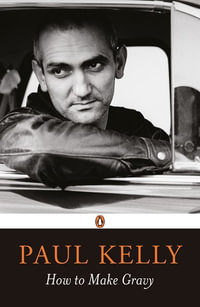The most important figure of seventeenth-century Neapolitan music, Francesco Provenzale (1624-1704) spent his long life in the service of a number of Neapolitan conservatories and churches, culminating in his appointment as maestro of the Tesoro di S. Gennaro and the Real Cappella. Provenzale was successful in generating significant profit from a range of musical activities promoted by him with the participation of his pupils and trusted collaborators. Dinko Fabris draws on newly discovered archival documents to reconstruct the career of a musician who became the leader of his musical world, despite his relatively small musical output. The book examines Provenzale's surviving works alongside those of his most important Neapolitan contemporaries (Raimo Di Bartolo, Sabino, Salvatore and Caresana) and pupils (Fago, Greco, Veneziano and many others), revealing both stylistic similarities and differences, particularly in terms of new harmonic practices and the use of Neapolitan language in opera. Fabris provides both a life and works study of Provenzale and a conspectus of Neapolitan musical life of the seventeenth century which so clearly laid the groundwork for Naples' later status as one of the great musical capitals of Europe.
Industry Reviews
'... a fine example of setting a composer into his environment... a notable achievement.' Early Music Review '... this is an important book, rich in information and detail. It is essential reading for all those with an interest in the music of Seicento Naples.' Renaissance Quarterly '... a significant addition to the literature. Given his deep knowledge and long familiarity with the sources of the history of music in Naples, Fabris was certainly the right person for the task... Fabris's book is the most up to date and complete account of the activity of such a prominent and influential musician as Francesco Provenzale, and it also presents the first overview of the splendid musical activity and production in seventeenth-century Naples. it is certan that this volume will give new impulse to the study of a crucial century in the history of Neapolitan music.' Notes '... a ground-breaking work of huge erudition and a very welcome addition to our knowledge of Italian seventeenth-century music. It has been worth the wait.' Music and Letters '... this is an excellent work, the fruit of substantial research and a long-overdue exploration of an important musical tradition.' Early Music










